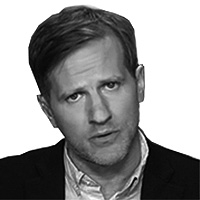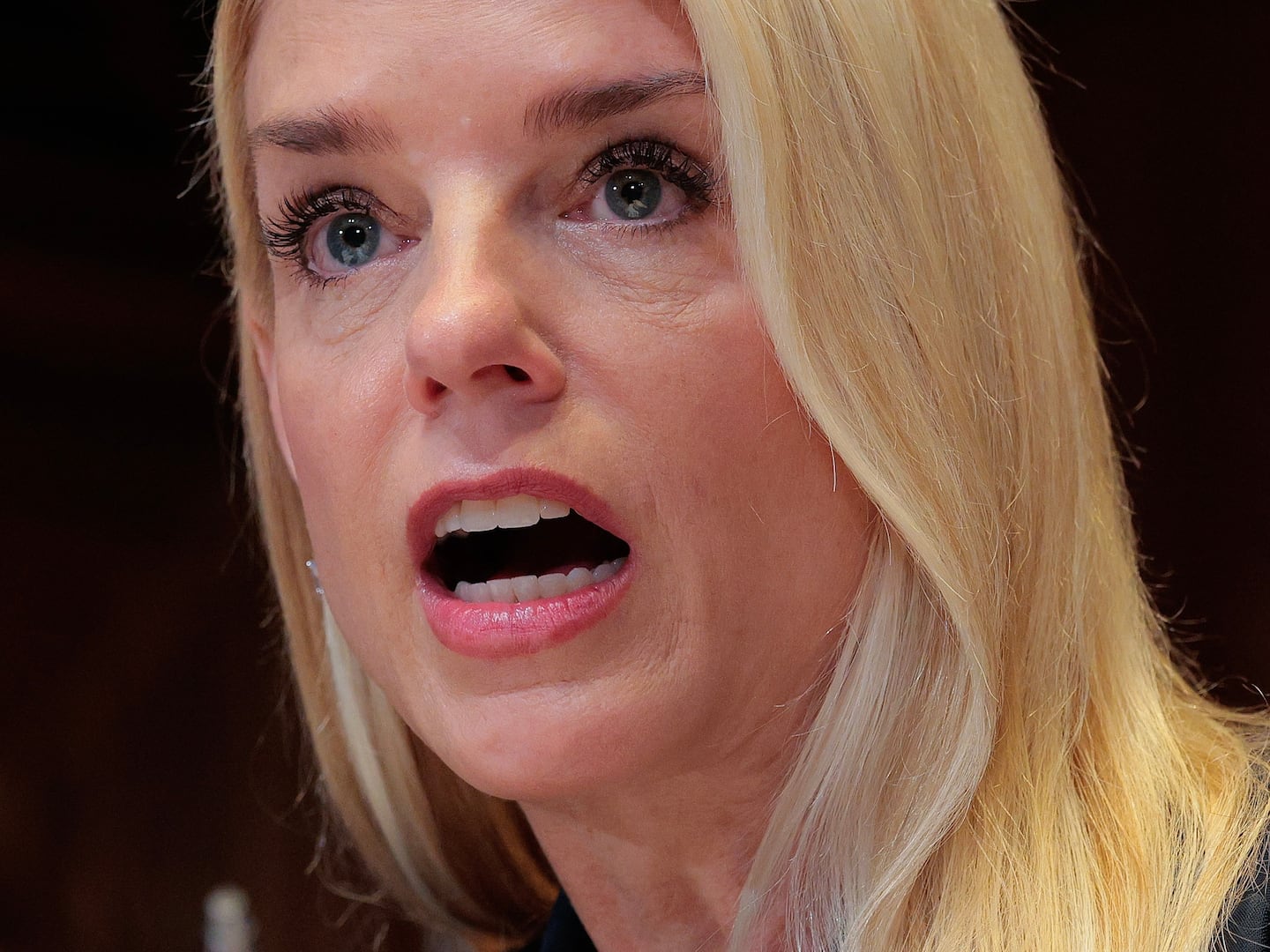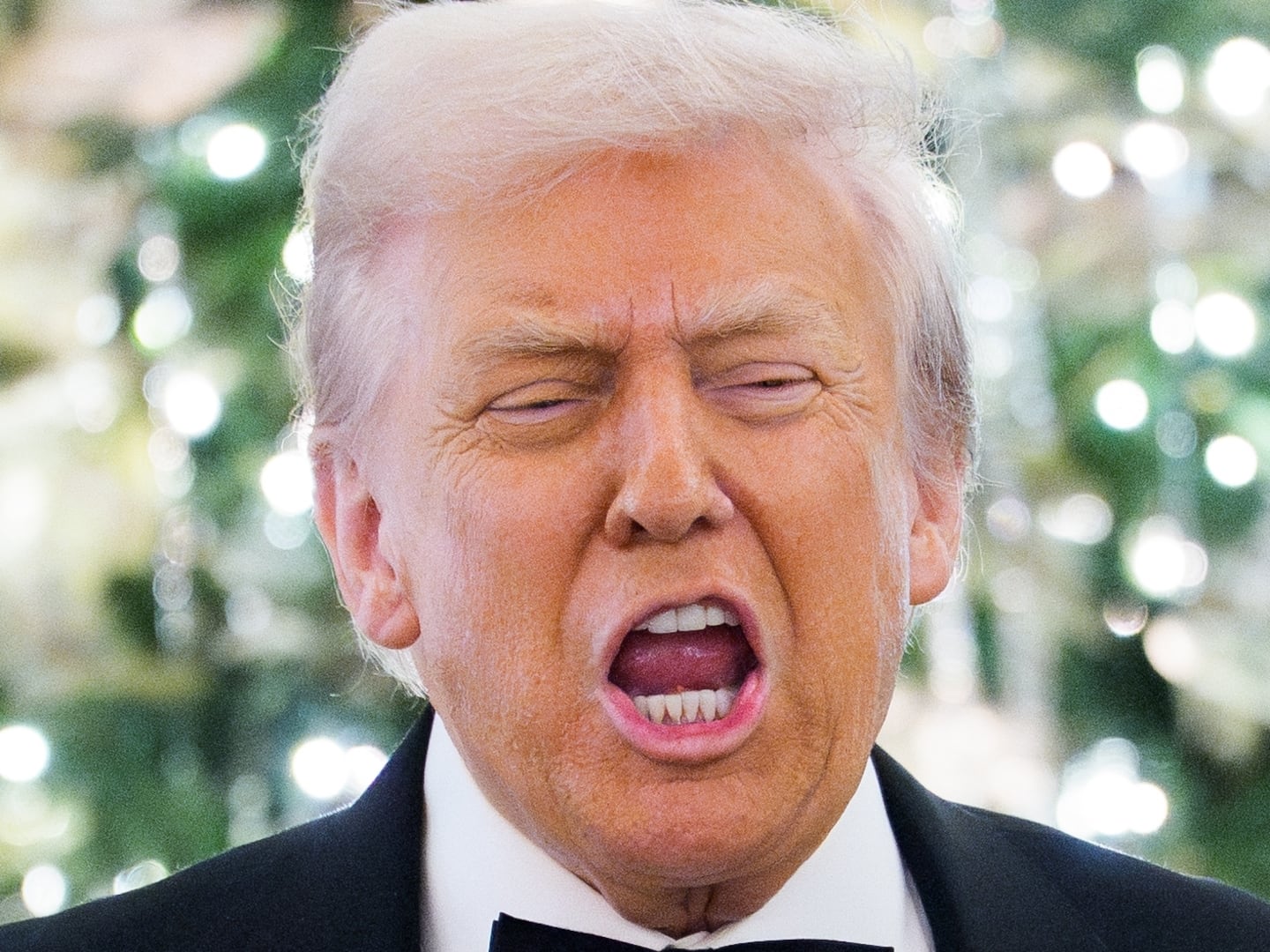Here is what we know about Kim Jong Un, North Korea’s fatheaded boy tyrant: he studied in Switzerland, is a fan of the Chicago Bulls, and excels at purging disloyal apparatchiks from his politburo (a required skill for every Juche dauphin). These minor biographical details were vigorously picked over when Kim replaced his father in 2012, with those first two data points—a love of basketball and a European education—frequently offered as evidence that the most illiberal society on Earth just might turn towards a path of liberalization.

Let’s acknowledge that the North Korea analyst has the least enviable job in political punditry, simply because there is so little information to analyze. So if not scrutinizing Kim’s teenage habits in an attempt to divine political intent, then what else?
Combine this with the almost universal hope that the Kim family’s private concentration camp might be limping towards reform, liberalization, or slow-motion de-Stalinization. But the North Korean leadership has a 60-year record of dashing such hopes. Indeed, it turns out that while Kim Jong Un is interested in professional basketball, he has also proved quite adaptive to the role of capo di tutti capi of Asia’s most brutal crime family.
Not surprising, that. But the trope that exposure to Western values and love of Western pop culture insulates one from personal fanaticism is favorite of journalists. We’re baffled as to how those swaddled in privilege and protected by democracy—if, as in Kim Jong Un’s case, only briefly—could end up choosing totalitarianism.
Take this recent report in the New Yorker, charting the radicalization of a young Muslim convert from Long Island. The young lad, we are told, came from a community of “multi-family homes, pizza parlors, and a pawn shop”—anywhere America—where he “favored jeans, T-shirts, and basketball sneakers,” and “liked Harry Potter books, the rapper Eminem, and swimming in his mother’s pool.” How does one go from swimming and wearing sneakers, the reader is suppose to wonder, to the dusty deserts and dank caves inhabited by al Qaeda? The Washington Post likewise pointed out that Kim Jong Un once had “a collection of genuine, top-of-the-line Nike sneakers,” for what it’s worth.
The Long Island jihadist rejected the materialist world of jeans and Nike; Kim embraced it. Who would you think more likely to reform an ossified economic system?
In 2012, Time magazine was cautiously optimistic about the transfer of power in Pyongyang, claiming to have found “hints here and there that the younger Kim may be much more willing to experiment economically.” The Washington Post also uncovered vital hints: “In authoritarian North Korea, hints of reform.” A contributor to Foreign Policy magazine produced this counterintuitive gem: “The absence of organized opposition and the dreadful reputation of DPRK’s state security services actually give the regime more room to pursue partial liberalization in pursuit of economic revival.”
So where are we now with North Korean reformism, as we approach two years of Kim Jong Un’s rule? The surprisingly public purges of high-ranking party cadres; the family members of those purged, in true Soviet fashion, are carted off to camps; any image of the purged is digitally removed from videos and photos; and in a moment of true Orwellian madness, the regime also erased every news story written before October from state-run news agency archives.
(As Christopher Hitchens noted, the visitor to North Korea “tries to avoid cliché, and I did my best on a visit to this terrifying country in the year 2000, but George Orwell’s 1984 was published at about the time that Kim Il Sung set up his system, and it really is as if he got hold of an early copy of the novel and used it as a blueprint.” He would later add the caveat that North Korea fell short of true Orwellianism, but only because “the regime is too poor and too inefficient to provide telescreens or even wireless sets to most of its subjects.”)
It’s no surprise that Kim Jong Un continues the legacy of his father and grandfather—no signs of reform in sight—because we have played this game a million times before. The world was long ago promised that Zimbabwean thug Robert Mugabe would be a great reformer. (In 1983, the Christian Science Monitor told readers that Zimbabwe’s “small but economically productive white community, which once dreaded Mugabe’s rise to power, now respects and even admires him.”) When writing a story on the naive and silly politics of the travel guidebooks, I came across this prescient passage in Lonely Planet’s guide to Syria and Lebanon: “Reforms by the young president of Syria, Bashar al-Assad, may not have been as wide-ranging as many might have hoped, but there is certainly a feeling of optimism in the capital.” And remember the special case of Muammar Gaddafi, a discotheque-and-plane-bombing psychopath who later became a “reformer”—before his subjects protested the languid pace of change by murdering him.
But for those of us skeptical of wishful predictions of reformist dictators, there is no better example than the Cuban dictatorship, which has been said to be reforming every year since 1959.
In 1984, the Associated Press (AP) excitedly wrote that “visitors to Havana…note a new candor in the press—open criticism of unproductive factories, poor restaurant service and similar problems.” In 1990, the AP reported that, with the collapse of the Soviet Union, Cuba was giving its “first hint of making some reforms.” (There’s that word hint again.) In 1993, the AP again reported that Cuba was “open[ing the] economy with new reforms,” as the “nation moves farther from socialism.” In 1994, the Washington Post reported that new reforms would “improve Cuba’s economy,” while “blackouts lessen [and] tourism revives.” In 2008, the New York Times told us that Raul Castro was “nudg[ing] Cuba toward reforms.” And in 2012, the normally sober editorialists at The Economist indulged in some wishful thinking: “Under Raúl Castro, Cuba has begun the journey towards capitalism.”
One would assume with all of these reforms, Cuba would have by now morphed into a tropical facsimile of Norway. But Raul Castro’s “reforms” have been about as impressive as Gaddafi’s or Mugabe’s (they never include elections, do they?), yet one still can’t avoid the excited press notices that change is afoot in Castroville.
Last Sunday, the New York Times revealed that “in Cuba’s press, streets and living rooms” there were “glimmers of openness to criticism.” This new openness apparently lasted two days. Because on Tuesday, the AP reported that “Cuban government agents…detained about 20 dissidents arriving for an International Human Rights Day march, halting the demonstration before it started.” And a week later, the AP threw more cold water on the idea of reform with the following headline: “Raul Castro Issues Stern Warning to Entrepreneurs.”
For reasons that will forever confound me, Cuba has—and always will—maintain a dedicated following of fellow travellers and dim-witted sycophants; those who believe that preventing free elections and a free press is a reasonable price to pay for universal, undersupplied, and substandard health care. But it appears that the only person left on Earth who believes North Korea is on the precipice of change is former basketball star Dennis Rodman. On his latest visit to Pyongyang, Rodman told reporters that despite the summary executions, drumhead courts, labor camps, and frequent bouts of mass starvation, “it’s all love, it’s all love here.”
And reform is just around the corner.






